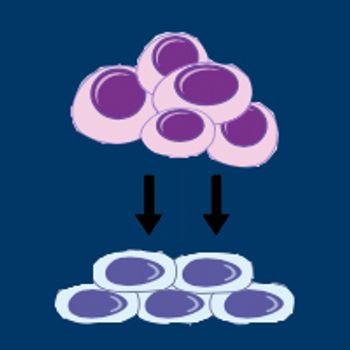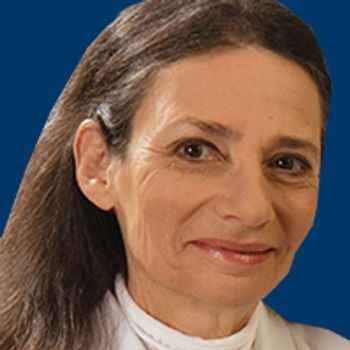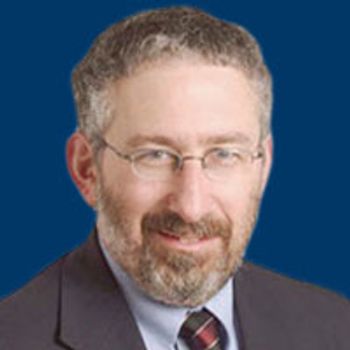
The results of a recent prospective study demonstrate that circulating tumor cells can reveal disease recurrence an average of 6 months prior to conventional imaging in patients with locally advanced non–small cell lung cancer, findings that may help support the use of liquid biopsies to monitor high-risk patients in conjunction with screening.









